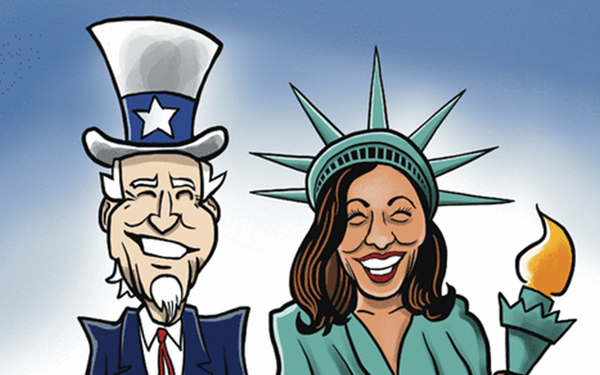We are the Data Democrats and we are investigating the following question:
Is there a relative age effect in politics?
Project Description
Our project explores whether correlations are observed between certain factors/characteristics and becoming/being a politician. Initially, we examine the influence of birth month, before extending our analysis to factors such as the first letter of politicians’ names, gender, and even their zodiac signs! Our analysis spans across more than 200 countries allowing us to identify general trends and variances between country groups based on birth month, HDI, mean years of schooling, socioeconomic group, and hemisphere groupings. After this (given some data limitations), we look the United Kingdom in greater depth, constructing a new dataset to delve deeper into the significance of University/Alma Mater and age as potential variables affecting political careers. Through this we hope to identify some interesting trends in characteristics amongst the politicians that represent and govern us.
Our Motivations
Politicians are the instrument of the government, they play an instrumental role in shaping the laws, policies, and decisions that govern our daily lives. The world has seen many politicans, from Conservatives to Liberals, Dictators to Democrats, but what determines who becomes a politician?
💡 Is it possible that the explanation goes beyond the standard factors of education, party affiliations, and characteristics traits?
💡 Is it possible that underlying factors that people completely overlook such as birth month have a bearing on who becomes a politician?
💡 Are January babies more likely to rule the world?
Our page will answer all of these questions and more - read further to find out…